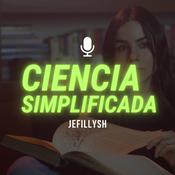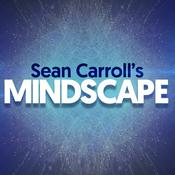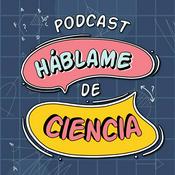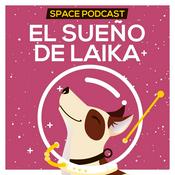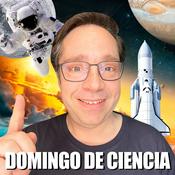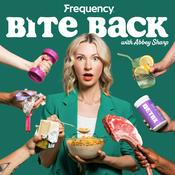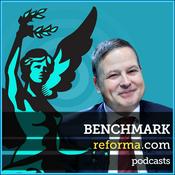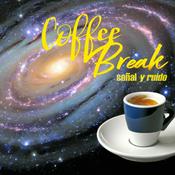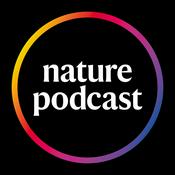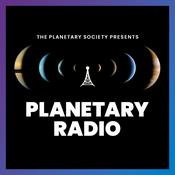53 episodios

Can Magic Be Used As A Tool In Science?
23/12/2025 | 21 min
What is magic? Rabbits out of hats? Card tricks? Someone in a sparkly outfit getting sawn in half? Well, yes, but it’s also about defying expectations. To psychologist and magician Dr Gustav Kuhn, founder of the UK’s only MAGIC Lab, it’s about causing you to question what you think to be real. Having practiced magic from a young age, he embarked on a psychology degree to try and get a better understanding of what made a good trick, or a good performance. Thing is, he realized along the way that a lot of the big questions in psychology are addressed by key concepts in magic. Sleight of hand, card forces, and misdirection – it all challenges our attention and exploits our weak spots, making us believe what we see, and see what they want us to. In this holiday bonus episode, join us as we explore the many ways in which magic is being used as a tool for science, encompassing some of the biggest challenges of our time, from cybercrime to misinformation.

Searching For Nessie: IFLScience Takes On Cryptozoology
31/10/2025 | 35 min
In this bonus Halloween special episode of The Big Questions, IFLScience takes on the “mystery” of the Loch Ness Monster. Although it’s been nearly 100 years since Nessie was first brought to international attention, no one has provided any unambiguous proof of its existence, and yet every year, thousands of people flock to Scotland in hopes of seeing it. To find out what’s going on, we dispatched our IFLScience Investigates team – a motley bunch of intrepid sleuths – to dig into the story’s origins, question local monster hunters, and explore the science that has taken place in the loch’s murky depths. Join Russell Moul, Eleanor Higgs, and Katy Evans as they discuss searching for everyone’s favorite cryptid and what it was like to film IFLScience's first feature-length documentary on location, exploring this weird case. Did we find Nessie? You’ll have to listen to find out.

Why Do People Believe In The Paranormal?
23/10/2025 | 40 min
Everyone loves a good ghost story. Whether you’re a skeptic or a believer, there’s something about the eerie and the uncanny that we all enjoy. But for many people, the things that go bump in the night are not just the stuff of stories; they’re real. In fact, countless numbers of people across the world have their own stories of the strange, whether they’re ghosts, aliens, or any other spook. How do we explain that? Join host Dr Russell Moul as we discuss the psychology underpinning paranormal experiences with Chris French, Emeritus Professor of Anomalistic Psychology at Goldsmiths, University of London. We explore everything from ghosts and psychic experiences, to alien abductions and Satanic cults, and ask the big question: Is there really something strange going on, or is it all in our heads?

What Is Time And How Do We Measure It?
09/10/2025 | 43 min
Time is everything to us: in terms of physical laws, in how we experience the world, and how society works. Still, its true nature remains beyond us. As scientists search for a deeper understanding, the way humans relate to time has changed massively. To explore the questions of what time is and how we measure it, host Dr Alfredo Carpineti is joined by Dr Emily Akkermans, Curator of Time at the Royal Observatory Greenwich, which is celebrating its 350th anniversary this year.

Is De-extinction Really Possible?
25/9/2025 | 41 min
De-extinction. It’s not a word many of us were thinking about just a decade ago, but it’s one that we’re getting ever more familiar with. The de-extinction company Colossal Biosciences has set its sights on de-extincting 5 key species whose extinction is thought to have either been caused, or heavily contributed to, by humans: the woolly mammoth, thylacine, dodo, moa, and dire wolf. By their definition of “functional de-extinction,” they’ve already brought back the dire wolf, and have set a goal to see a living, breathing mammoth by 2028, but what do they mean by de-extinction, and what can it realistically achieve? In this episode of The Big Questions, writer Rachael Funnell goes on a deep dive into de-extinction, speaking with Colossal’s co-cofounder Ben Lamm, chief science officer Beth Shapiro, and chief animal officer Matt James. We also hear from historian Professor Sadiah Qureshi, author of Vanished: An Unnatural History Of Extinction, who raises some interesting questions we should all be asking ourselves as this curious new branch of science marches on – both in its efforts to bring back creatures from the past, and to prevent further extinctions in the future.
Más podcasts de Ciencias
Podcasts a la moda de Ciencias
Acerca de IFLScience - The Big Questions
Escucha IFLScience - The Big Questions, StarTalk Radio y muchos más podcasts de todo el mundo con la aplicación de radio.net
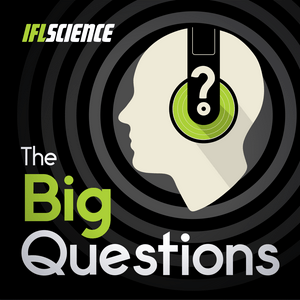
Descarga la app gratuita: radio.net
- Añadir radios y podcasts a favoritos
- Transmisión por Wi-Fi y Bluetooth
- Carplay & Android Auto compatible
- Muchas otras funciones de la app
Descarga la app gratuita: radio.net
- Añadir radios y podcasts a favoritos
- Transmisión por Wi-Fi y Bluetooth
- Carplay & Android Auto compatible
- Muchas otras funciones de la app


IFLScience - The Big Questions
Descarga la app,
Escucha.

